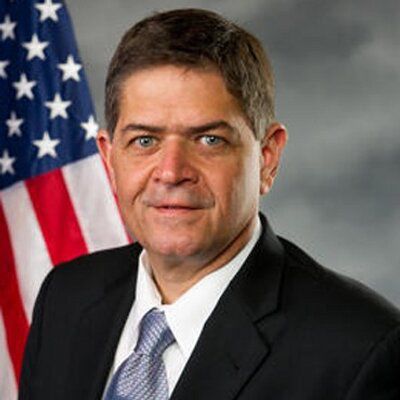The Trump administration announced Monday the continuation of an immigrant restriction that began in April amid COVID-19 and the rise of unemployment.
Proclamation 10014 was originally signed on April 22, suspending immigrants who “present a risk to the United States labor market” due to COVID-19. Monday’s action means the proclamation will continue to ban and limit immigrants who apply for entry that hold specific non-immigration visas.
Under the proclamation, non-immigrant work visas are suspended and limited until the end of 2020, the document stated. These visas include H-1B, which is designated for specialty occupations in fields requiring highly specialized knowledge; H-2B, which is for temporary workers performing other services or labor of a temporary or seasonal nature; a J visa, which is for professors, students, or teachers (exchange visitors); and L visa holders, for intra-company transferees.
In response to the administration’s announcement, the board of directors for the U.S. Hispanic Chamber of Commerce denounced the proclamation in a prepared statement, stressing it would have a negative impact on the economy “at a time when we should embrace innovation, technology, and human capital to promote economic growth towards recovery and expansion.”
Ten percent of all jobs in the country are created by an immigrant-owned business, according to the release from the board.
“… American immigrants contribute 15% towards the overall American economy each year, according to the Economic Policy Institute,” the release stated.
Additionally, the Migration Policy Institute reports that there are an estimated more than 375,000 potential temporary workers and green card holders who could be impacted by the proclamation, the release stated.
The board underscores that it opposes the restrictive proclamation.
“We oppose yesterday’s decision and urge the Administration to support American businesses by facilitating opportunities to leverage the economic power of temporary visa and green card holders,” the prepared release stated.
Locally, U.S. Rep. Filemon Vela, D-Brownsville, echoed the board’s displeasure with the continued proclamation that would run through the end of December.
The congressman characterized the administration’s announcement as “yet another anti-immigrant move,” and said the response on the administration’s part is going to hurt the economy and negatively impact American businesses.
Vela noted that the ban will not only affect the aforementioned workers, but their families as well.
“The suspension will affect high-skilled workers, seasonal workers, spouses of high-skilled immigrants, researchers, scholars, and company executives seeking to transfer to the United States from positions abroad with the same employer. The Trump Administration continues to set restrictions on immigrants who are essential to positive economic growth in the country,” Vela said in the prepared statement.
Additionally, Vela states 10% of all green card holders reside in Texas, which he believes will disproportionately impact the state.
“The state will likely be impacted the hardest after New York. Experts predict the long-term ramifications of this decision will not only stifle the nation’s ability to attract top global talent, but also hurt America’s greatest asset — its diversity,” Vela stated.
“President Trump continues his racist agenda by restricting even legal forms of immigration to our country. Unfortunately, this is at a substantial cost to American businesses. Although this order does not impact those already working in the US, it prevents future economic growth that our country benefits from through these visa programs.”




